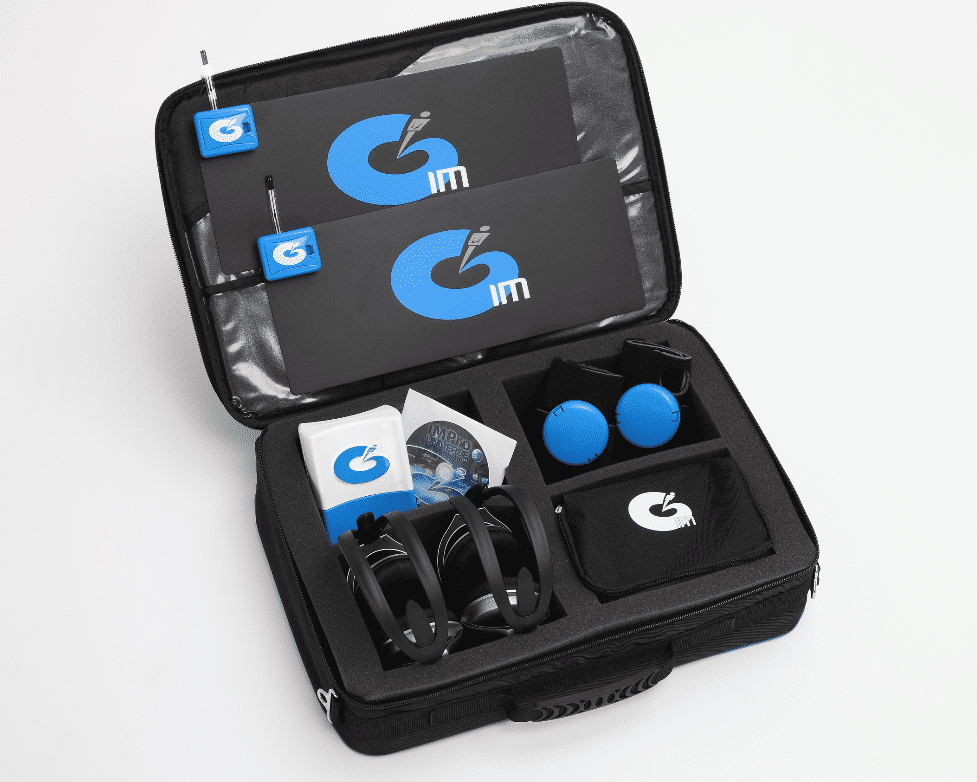 In the literature, psychologists describe two forms of intelligence that each contributes separately to our ability to perform tasks. These are “fluid intelligence” and “crystallized intelligence.” Whereas crystallized intelligence is the information and knowledge about things we have learned over the years, fluid intelligence is our ability to strategize and problem-solve. In the example of taking a test, we would recall knowledge about facts and information we learned from class and from studying our notes to answer the test questions (crystallized intelligence), but we may need to answer the questions in a strategic way like crossing out all multiple choice responses that clearly are not the answer and narrow the choices down to the two most possible, working from there to get the correct response (fluid intelligence). Stankov et al. (2006) studied the physiological neural oscillations (or rhythmic, repetitive neural signals between brain regions in the central nervous system) involved in human intelligence, or what we know is our ability to learn, access what we’ve learned, and problem-solve. They discuss the importance of synchronicity in brain activity to intelligence and propose that the degree of synchronization in brain activity may account for differences between individuals’ cognitive processing abilities. In a small pilot study completed in 2004, Dr Alpiner demonstrated under fMRI that individuals who’d received training for timing and rhythm using the Interactive Metronome demonstrated more synchronous activity in the brain when compared to individuals who did not receive this training. Other researchers (Taub et al., 2007) who studied the effect of IM training on reading achievement theorized that synchronized metronome tapping (via Interactive Metronome) increases the efficiency of the brain’s timing (or synchronicity of neural oscillations), thus improving the ability to process, store, and retrieve information.
In the literature, psychologists describe two forms of intelligence that each contributes separately to our ability to perform tasks. These are “fluid intelligence” and “crystallized intelligence.” Whereas crystallized intelligence is the information and knowledge about things we have learned over the years, fluid intelligence is our ability to strategize and problem-solve. In the example of taking a test, we would recall knowledge about facts and information we learned from class and from studying our notes to answer the test questions (crystallized intelligence), but we may need to answer the questions in a strategic way like crossing out all multiple choice responses that clearly are not the answer and narrow the choices down to the two most possible, working from there to get the correct response (fluid intelligence). Stankov et al. (2006) studied the physiological neural oscillations (or rhythmic, repetitive neural signals between brain regions in the central nervous system) involved in human intelligence, or what we know is our ability to learn, access what we’ve learned, and problem-solve. They discuss the importance of synchronicity in brain activity to intelligence and propose that the degree of synchronization in brain activity may account for differences between individuals’ cognitive processing abilities. In a small pilot study completed in 2004, Dr Alpiner demonstrated under fMRI that individuals who’d received training for timing and rhythm using the Interactive Metronome demonstrated more synchronous activity in the brain when compared to individuals who did not receive this training. Other researchers (Taub et al., 2007) who studied the effect of IM training on reading achievement theorized that synchronized metronome tapping (via Interactive Metronome) increases the efficiency of the brain’s timing (or synchronicity of neural oscillations), thus improving the ability to process, store, and retrieve information.
Stankov, L., Danthiir, V., Williams, L.M., Pallier, G., Roberts, R.D., and Gordon, E. (2006). Intelligence and the tuning-in of brain networks. Learning and Individual Differences, 16, 217-233.




 Cognitive psychologists theorize that the faster we are able to process information (or think), the more intelligent we are, and the more readily we can learn and demonstrate what we’ve learned. There are many recent studies that support this view, including this one published in the journal Intelligence. Each individual is born with a certain amount of resources for attending to and processing information. How well a person allocates those resources appears to be a major factor in determining intelligence. Taub et al (2007) demonstrated that Interactive Metronome (IM) training has a significant positive effect on reading achievement (affecting 4 of 5 critical pre-reading skills) in elementary school students. They proposed that IM training was primarily improving “processing [thinking] speed,” which in turn improved the students’ ability to allocate resources for attending and holding information in working memory … all essential for fluent reading.
Cognitive psychologists theorize that the faster we are able to process information (or think), the more intelligent we are, and the more readily we can learn and demonstrate what we’ve learned. There are many recent studies that support this view, including this one published in the journal Intelligence. Each individual is born with a certain amount of resources for attending to and processing information. How well a person allocates those resources appears to be a major factor in determining intelligence. Taub et al (2007) demonstrated that Interactive Metronome (IM) training has a significant positive effect on reading achievement (affecting 4 of 5 critical pre-reading skills) in elementary school students. They proposed that IM training was primarily improving “processing [thinking] speed,” which in turn improved the students’ ability to allocate resources for attending and holding information in working memory … all essential for fluent reading.
